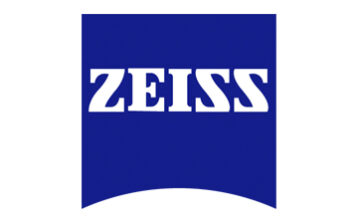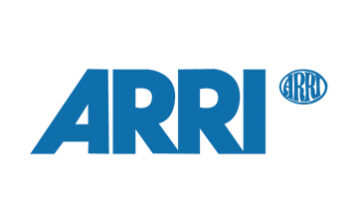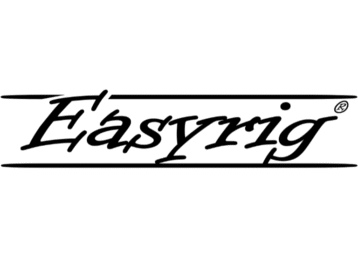BULGARIA
COPYRIGHT AND NEIGHBOURING RIGHTS ACT
Promulgated State Gazette No. 56/29.06.1993
Amemded SG No. 63/1994
Art. 5.
An author is a natural person whose creative endeavours have resulted in the creation of a literary, artistic or scientific work. Other natural or legal persons may be copyright proprietors only in the cases provided for under this Act.
Presumption of Authorship
Art. 6.
Until proved otherwise, the person whose name or other identifying mark is inscribed in the customary manner on the literary, artistic or scientific work, shall be considered its author.
DURATION OF COPYRIGHT
Art. 27.
(1) Copyright shall be protected for the life of the author and fifty years after his death.
(2) For works having two or more authors the term specified in paragraph 1 shall commence from the death of the last surviving author.
Pseudonymous or Anonymous Works
Art. 28.
Copyright over anonymous or pseudonymous works shall be protected for fifty years after the works have been first made available to the public. In the event that within the said term the author’s identity is disclosed, the provisions of the preceding article shall apply.
Films
Art. 29.
(1) Copyrights over films or other audio-visual works shall be protected for fifty years after the work was made available to the public.
(2) In the event that such a work was never been made available to the public, the term specified paragraph 1 shall commence from its making.
Collective Management Organizations
Art. 40.
(1) Authors may at their own free will establish organizations for the collective management of copyrights and grant to such organizations the right to conclude contracts on the use of their works in one or more ways and to collect moneys due.
(2) A publisher who has been granted by the author rights other than the right to publish may transfer management of these rights to an organization described in the preceding paragraph.
(3) The organizations carrying out collective management of copyrights may only be associations of authors and other proprietors of such rights. These organizations shall not operate for profit and shall distribute all moneys received from users among their members after making the deductions necessary for their own operation.
The establishment and functioning of such organizations shall be carried out under the procedures established for non-profit associations.
(4) All organizations under paragraph 1 shall submit to the ministry responsible for culture a copy of the court ruling of incorporation and of any subsequent changes thereof within one month. The ministry responsible for culture shall keep a register of such organizations.
(5) An organization under paragraph 1 shall not refuse membership to any person who is proprietor of such rights as that organization manages.
(6) The regulations on the distribution of the compensations collected by the organizations described in paragraph 1 among the eligible members shall be proposed by the elected governing body of the organization and adopted by the general meeting of its members.
(7) The organizations under paragraph 1 may represent their members in court whenever the rights they manage are to be protected.
Works Created Under an Employment Relationship
Art. 41.
(1) Copyright over works created under an employment relationship shall belong to the author unless provided for otherwise in this Act.
(2) The employer shall have the exclusive right, without permission from the author and without paying compensation, to the extent the contract of employment does not provide otherwise, to use such a work for his own purposes: to publish it, to reproduce it in another manner and to circulate it. The employer may exercise this right in a manner and to a degree corresponding to his customary activity.
(3) Whenever the compensation for the author for the work under paragraph 1 proves incommensurate with the revenues under Article 38, paragraph 2 collected as a result of the use of the work, the author may demand additional compensation. If no agreement can be reached between the parties, the issue shall be resolved through the courts ex aque et bono.






























